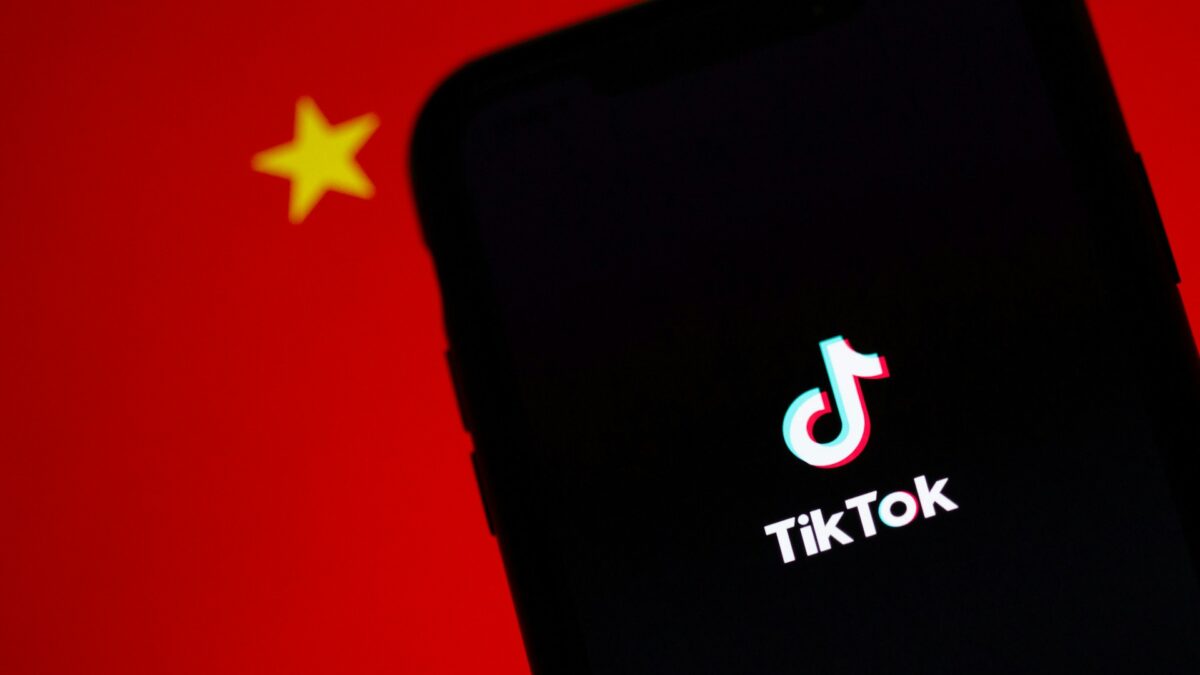In 2015, Nohemi Gonzalez—a 23-year-old American studying in Paris—was gunned down by Islamic State (ISIS) terrorists while dining at La Belle Equipe bistro. The U.S. Supreme Court will consider these wrenching facts of Gonzales v. Google on Feb. 21. Bound up with Nohemi’s fate is the fate of Section 230.
That 1996 federal statute privileges Big Tech, excusing it from laws that constrain newspapers and other old-style communication. But does it relieve Big Tech from complying with all laws affecting communication? For example, those against aiding terrorism?
Nohemi’s relatives and estate have sued Google—the owner of YouTube—for algorithmically encouraging followers of ISIS to view ISIS videos, in violation of the law against assisting terrorism. Google responds that Section 230 gives it sweeping immunity. It claims to be privileged for a host of abuses, including aiding terrorism and censoring Americans.
Big Tech thus takes a big interpretation of Section 230. The statute and the Constitution, however, suggest Big Tech has overplayed its hand.
The statutory problem is textual. According to Google and the rest of Big Tech, YouTube enjoys protection as a “publisher” under Section 230(c)(1) for its “editorial functions,” whether in sharing and recommending videos or in blocking them. But that’s not what the section says.
It says such companies shall not be “treated as the publisher” of information provided by others. So Google, comically, is seeking to be treated as a publisher under a section that says it shall not be treated as a publisher. Its argument proves too much.
The context confirms the narrowness of the text. The section was a response to cases such as Stratton Oakmont v. Prodigy, a defamation case in which Prodigy was held to be “a publisher rather than a distributor.” A key element in defamation cases is to show that the defendant is the publisher of the defamation. Section 230(c)(1) protected against such suits by saying the companies should not be “treated as the publisher” of information supplied by others.
This leads to the sensible conclusion that YouTube and Google should not find any shelter in Section 230 for supporting terrorism. Being a publisher is not an element of a case for aiding terrorism, so Section 230(c)(1) gives them no cover.
Unfortunately, Big Tech’s big interpretation of Section 230(c)(1) also excuses its censorship. In fact, this section merely protects Big Tech from defamation suits for what they disseminate. The protection for their censorship comes, instead, in Section 230(c)(2).
But Big Tech downplays that section. Instead, it claims Section 230(c)(1) fully protects companies for all publishing activities, including both carrying and suppressing information. So, if the Supreme Court accepts Big Tech’s big rewriting, the decision in Gonzales v. Google could privilege Big Tech both as to terrorism and censorship.
The constitutional difficulties reinforce the conclusion that Section 230 is no excuse. An initial problem is that the government enjoys no regulatory power over speech. The significance of this point becomes more evident with each new “Twitter Files” release. When the federal government can regulate speech, as in Section 230, it can use the threat of altering that regulation to secure censorship by the regulated companies.
Section 230 is especially unconstitutional because it privileges electronic communication over print and in-person communication, thereby subjecting these older modes to discriminatory restraints. This is speaker discrimination, which the Supreme Court rightly held unconstitutional in Citizens United v. FCC.
The speaker discrimination, moreover, comes with viewpoint discrimination. Newspapers tend to have more local or regional perspectives than do Big Tech companies. So, by privileging electronic carriers, Section 230 favors their relatively national and international views and disadvantages the localized views of more traditional modes of communication.
Of course, if electronic communication is the way of the future, perhaps government should help it along. But even if government can help new paths financially, it cannot excuse electronic communication from legal duties that continue to apply to newspapers and books. This penalizes the “old” on behalf of the “new.”
That’s especially offensive because the dominance of the new was not a natural product of market forces. It was much accelerated by Section 230’s discrimination, which financially depressed print and elevated the alternative.
Section 230(c)(2) privatizes censorship. It relieves Big Tech of liability for censoring Americans in line with a congressional list of disfavored content, thus standing out as Section 230’s most egregious provision. This brings the question back to Big Tech’s strained interpretation of Section 230(c)(1).
If Section 230(c)(2) protects companies for censoring material, why does Big Tech insist that Section 230(c)(1) does the same thing? That’s oddly redundant. But it’s precisely what one would expect from Big Tech if it understood that Section 230(a)(2) doesn’t fully protect censorship.
Even if that section were constitutional—and it isn’t—it focuses on content-based censorship and so doesn’t protect viewpoint-based censorship. In the long term, therefore, Big Tech can’t rely on Section 230(a)(2). But the justification for viewpoint-based censorship that’s missing from that section can be concocted elsewhere. Big Tech just has to persuade the Supreme Court to take a big interpretation of Section 230(a)(1).
The perverse beauty of Gonzales v. Google, from the Big Tech perspective, is that Big Tech could secure Supreme Court support for the big interpretation in a case that does not involve censorship. Terrorism could be a backdoor for censorship to sneak in unobserved.
Nohemi’s murder was utterly unjustified. So is the big interpretation of Section 230. It contravenes the statute’s text. It departs from the concerns underlying the act’s adoption. It privileges Big Tech to aid terrorism and impose censorship. And the statute is unconstitutional.









